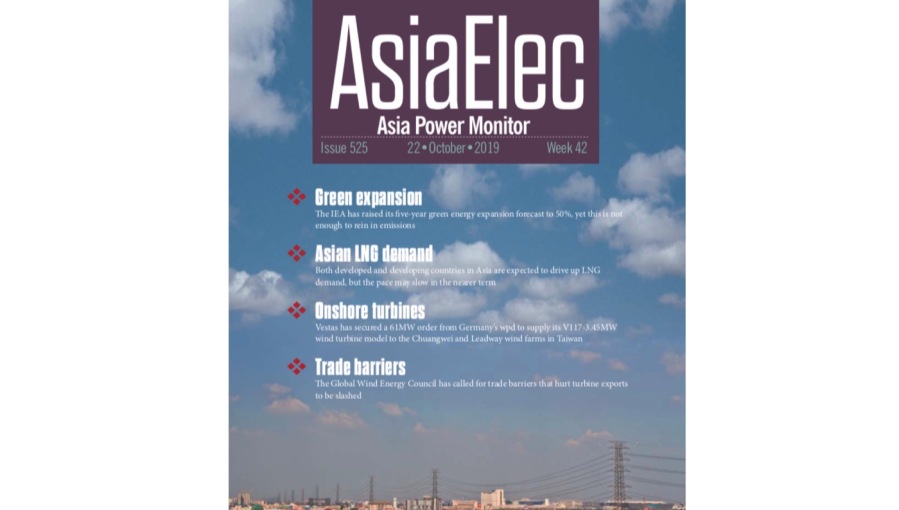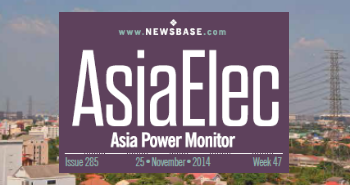AsiaElec: Asia’s poorest nations call for rich states to keep their $100bn funding promises

A group of 11 of Asia’s poorest countries have called on the world’s richest states to keep to their promise of $100bn per year in climate finance in order to protect some of the world’s most vulnerable countries from the adverse impacts of climate change.
Asian members of the Climate Vulnerable Forum (CVF), led by Bangladesh and the Philippines, have put forward 16 recommendations for improving the response to the climate crisis,
The group’s CVF Manifesto for COP26 had previously called for a Climate Emergency Pact, and for the world’s leaders to meet the targets set up by the 2016 Paris Agreement Global Goal on Adaptation.
The key issue is that the Asian states represent some of the world’s most vulnerable nations, which are struggling on the front line of the fast worsening worldwide climate crisis.
The 11 participating governments from Asia include: Bangladesh, Bhutan, Cambodia, Laos, Maldives, Mongolia, Nepal, The Philippines, Tajikistan, Timor-Leste and Sri Lanka.
The $100bn in annual funding for climate adaption was agreed at the First Climate Vulnerable Finance Summit, which agreed to $500bn of balanced climate finance for adaptation and mitigation for the 5-year period between 2020 and 2024. In their call this week, the 11 Asian vulnerable countries urged developed countries to publish a clear Delivery Plan for the promised $500bn.
“We are concerned that developed countries have yet to meet their climate finance goal and call to those parties to scale up climate finance both for adaptation and mitigation and enhance the quality and composition of it while providing at least 50% of public funds towards adaptation in order to correct the large-scale imbalance and gap of funding for adaptation and resilience as our countries suffer on the front line,” the 11 countries said in their statement.
Asia’s most vulnerable countries, which are particularly exposed to pollution and rising water levels, have the least resources to combat climate change.
They called for such UN funding vehicles as the Adaptation Fund, Global Environment Facility (GEF) and Green Climate Fund (GEF) to be beefed up.
However, they also warned that while the $100bn in funding was needed, it still fell short of the $1.8 trillion over 10 years needed for financing adaptation and resilience, according to the Global Commission on Adaptation.
Indeed, they called on the COP26 conference to approve the New Collective Quantified Goal on Climate Finance and to increase the $100bn per year figure.
Finally, they also called for at least 5% of the revenues raised from the world’s emerging carbon markets to be ring-fenced to support the adaptation actions of developing countries particularly vulnerable to climate change.
The small island states called for real action in the form of increased financing for adaptation, removal of barriers to technology transfers, and investment in capacity developments in line with Article 7 of the Paris Agreement and setting a Global Goal on Adaptation. They warned that some low-lying island states risked vanishing from existence within this century as sea levels rise.
Indeed, they also called for tighter caps on maritime carbon emissions, the strengthening of islands’ maritime zones and the sustainable management of the oceans.



Follow us online